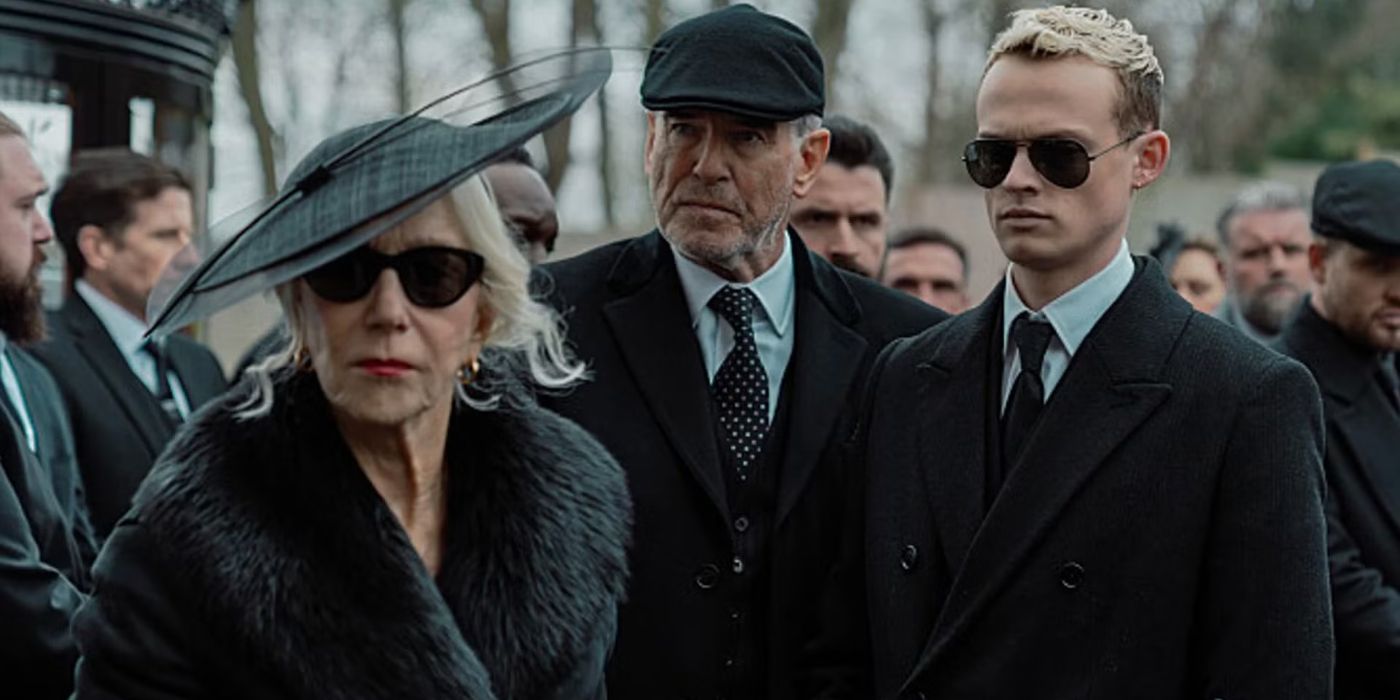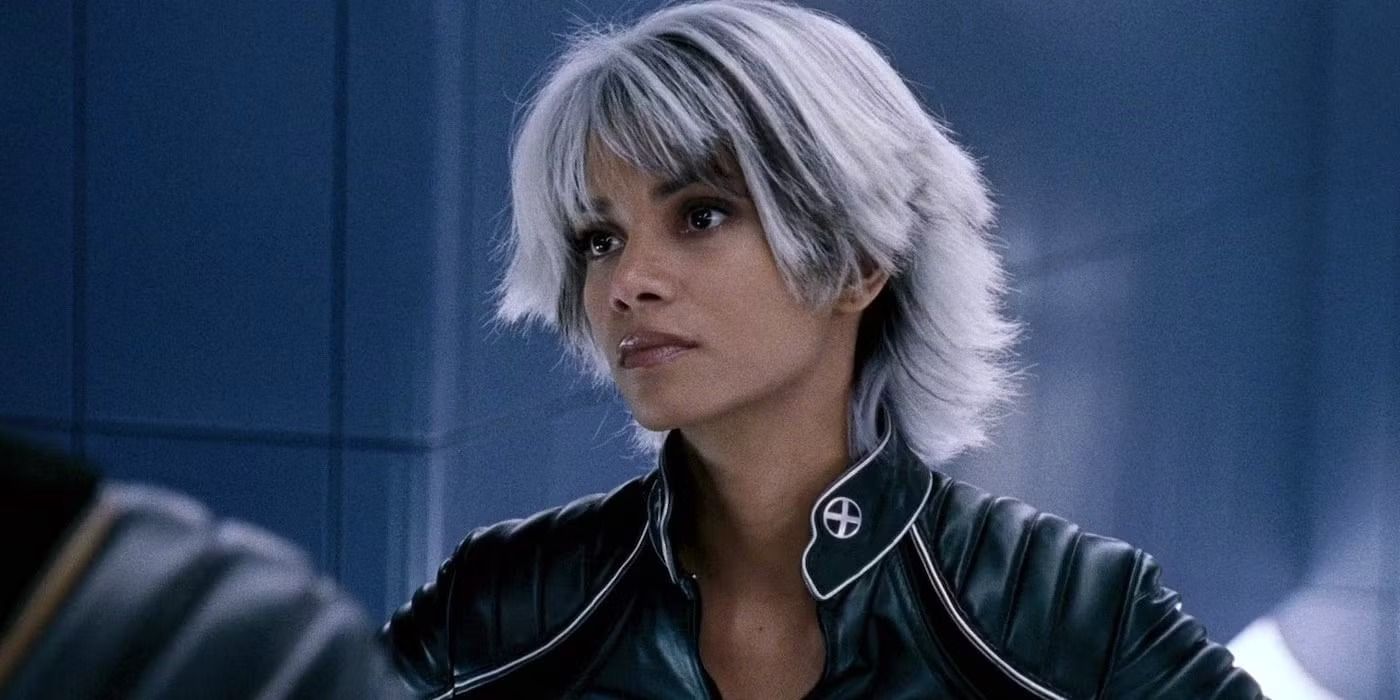Filmmaker Hong Sung-eun’s feature directorial debut, Aloners, epitomizes the idea that cinema can be a universal language. Though she tells a distinctly Korean story, the questions of life — and, by extension, livelihood — that she explores can be applied to all of us, no matter where we find ourselves in the world. In this way, Hong effectively holds up a mirror to who and where we are as an increasingly disconnected society, tracing a line of beauty between what it means to be alone and what it means to be lonely, and, more importantly, what it takes to cross that line and open yourself up to those around you.
MOVIEWEB VIDEO OF THE DAYSCROLL TO CONTINUE WITH CONTENT
Starring Gong Seung-yeon, Aloners follows a young woman named Jina, who seemingly prefers a life of solitude. She clocks in and out of her unglamorous, but easy, job at a credit card company call center without investing more emotional energy than she needs to (in both her customers and coworkers). When she isn’t working, Jina is perpetually glued to her screens, whether it’s watching cooking videos on her phone on her lunch break or on the commute to and from work, or surfing endless channels on her TV in her barely-furnished home.
Of course, throughout Aloners, a few unexpected changes in her life threaten to disrupt the rigid routine Jina has established for herself. Her estranged father reaches out to her via her recently deceased mother’s phone, her new next-door neighbor demonstrates an unwarranted kindness, and she is tasked with training a new, overly eager hire at the call center.
A Powerfully Restrained Performance from Gong Seung-yeon
There are so many great movies about loneliness that it could certainly be a subgenre on its own. However, what distinguishes Aloners from the pack is the way in which the full truth of Jina’s circumstances unravels almost like a mystery. Similarly to how Jina holds the people around her at arm’s length, Hong quickly establishes a great distance between us, the viewers, and her protagonist. Interestingly, when you consider that the film was the filmmaker’s way of exploring her personal fears (per her interview with Variety), there’s almost a sense that Hong is protecting Jina from the audience. We are, after all, strangers — from a different country and culture, too, for that matter.
Related: The Roundup: No Way Out Review: Don Lee Fights Familiar Crime in Korea’s Streets
Here, Youngki Choi’s cinematography is key, favoring long and medium shots from multiple angles that simultaneously allow us a full view of Jina, but, eschewing visual pomp and incorporating a more naturalistic lens, still doesn’t offer much by way of by characterization — at least, not at first. It isn’t until the characters around Jina — her father (Park Jeong-hak), her selfless neighbor (Seo hyun-woo), her doe-eyed trainee (Jeong De-eun) — chip away at her reserve do we get clues as to why Jina is seemingly reluctant to engage with those who try to get to know her.
Eventually, we learn the sheer amount of grief (of losing her mother) and fear (of getting hurt again from potentially losing someone you love) that Jina is holding on to. When the dam bursts, when we finally understand the full scope of what she’s going through, we’re treated to a masterclass performance from Gong, who, in a single scene, bares her character’s soul with abandon, a complete reversal from the closed-off woman we’ve come to know. For Jina, it’s a relief to finally be able to let her guard down, and, for us, it’s hard not be transformed in some way by her vulnerability.
Related: Women in the Front Seat Review: An Uplifting Documentary from Indy Saini
We Are Not Alone
Korean Academy of Film Arts
Just last month, NPR published an article detailing the epidemic of loneliness that persists in America. Spurred by the digital age and undoubtedly exacerbated by the COVID-19 pandemic, folks in many places are feeling more isolated than ever. As is made clear by Aloners, it’s all too familiar a feeling experienced even by those who are oceans away. A stroke of genius on Hong’s part in funneling this concept into Jina, however, is that there isn’t really a larger indictment at play. Yes, Jina is almost always connected to a screen, whether it’s at work or during her personal time, but Hong is clever to not necessarily use technology as a scapegoat — and her film is made the better for it.
When we feel lonely, it’s only natural that we turn to our screens, whether it’s to, like Jina, keep tabs on her ailing father now that he’s alone, or get lost in someone else’s world with a movie. In fact, the process of reviewing a film nowadays — on a small screen, with headphones on, in solitude (as was the case for this writer here) — is not unlike the constant streaming Jina participates in throughout most of Aloners. Stories, after all, are how we connect with each other across space and time. The key, every now and then, which is beautifully exemplified by the final shot of Hong’s film, is to look up.
Produced by the Korean Academy of Film Arts and initially distributed by The Coup, Aloners is now available on VOD and on digital.
You can view the original article HERE.






























